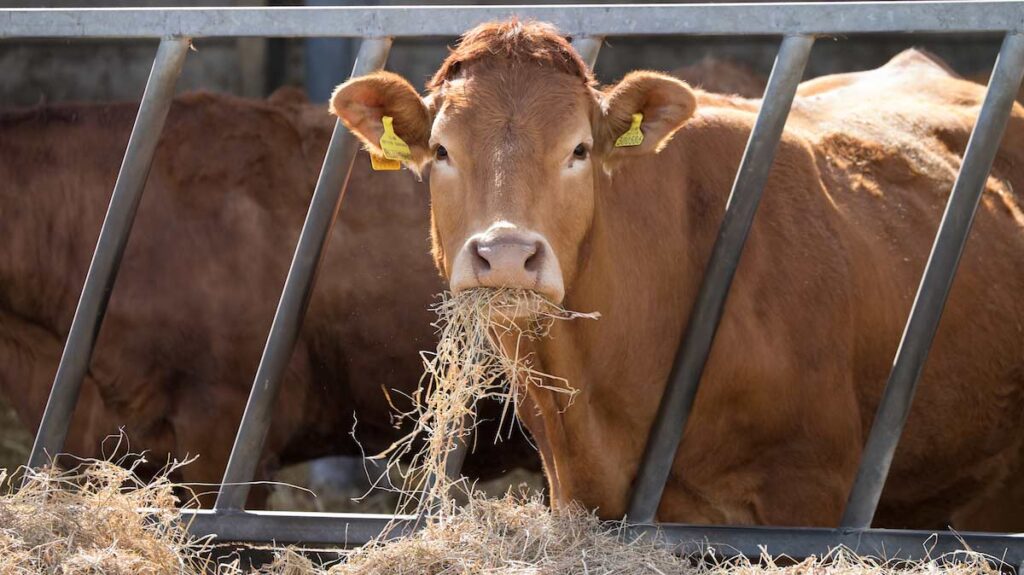Farmers in bluetongue control zone advised to prepare for testing
 © Tim Scrivener
© Tim Scrivener Livestock farms in Kent within the temporary control zone set up following confirmation of a case of the new emerging strain of bluetongue virus (BTV-3) are advised to prepare for surveillance testing.
Bluetongue is spread by biting midges and affects sheep, cattle, deer and goats, as well as llamas and alpacas.
See also: Farmers on high alert after bluetongue confirmed in Kent
The 10km temporary control zone (TCZ) was put in place after the notifiable disease was found in a single cow on a farm near Canterbury on 11 November.
Farmers within the TCZ should expect to be contacted by the Animal and Plant Health Agency (Apha), which will be carrying out surveillance testing on-farm.
Holdings nearest the confirmed case will be prioritised for testing. To prepare for this, farmers should have their documentation and records up to date and accessible.
These include movement records and medicine use records; Apha advises also having paper copies.
Animal movements
For farm holdings within the TCZ, animal movements will not be licensed within or out of the zone, until Defra has a better assessment of the disease situation.
However, farmers can apply to Apha for a specific licence if animal movements to a holding within the TCZ are deemed urgent because of a genuine welfare need.
This is defined as where animal welfare is, or is likely to be, significantly compromised.
To apply, contact the Apha outbreak licensing team: outbreak.licensing@apha.gov.uk.
Farmers outside the TCZ are permitted to apply to the outbreak licensing team for a licence to take animals to the abattoir that lies within the TCZ.
Applying for movement licences
All applications for movement licences are reviewed and assessed on an individual basis, says Dr Joseph Henry, chair of the Ruminant Health & Welfare (RH&W) bluetongue working group.
He advises ensuring all information requested is included in applications to avoid delays.
“Depending on the number of applications, you may not have a response for five days,” he says, adding that farmers wishing to move animals should apply promptly, as soon as it is indicated that a licence is or is likely to become available.
Be vigilant
With the BTV-3 strain of bluetongue having spread rapidly in Europe in recent months, and with no current vaccine, RH&W is pleading with farmers to remain vigilant.
“Our advice and recommendations remain centred around supporting affected farmers as quickly as possible, with the main focus on surveillance,” says Joseph.
He urges the following:
- Beware when buying or moving animals in
- Take action to report any suspicious clinical signs and prioritise biosecurity
- Remain vigilant.
How to take action
In the UK, bluetongue, including BTV-3, is a notifiable disease, so anyone suspecting the disease must take action and report it to the Animal and Plant Health Agency.
Daily updates, and information on clinical signs and resources, can be found at https://ruminanthw.org.uk/bluetongue-virus.
